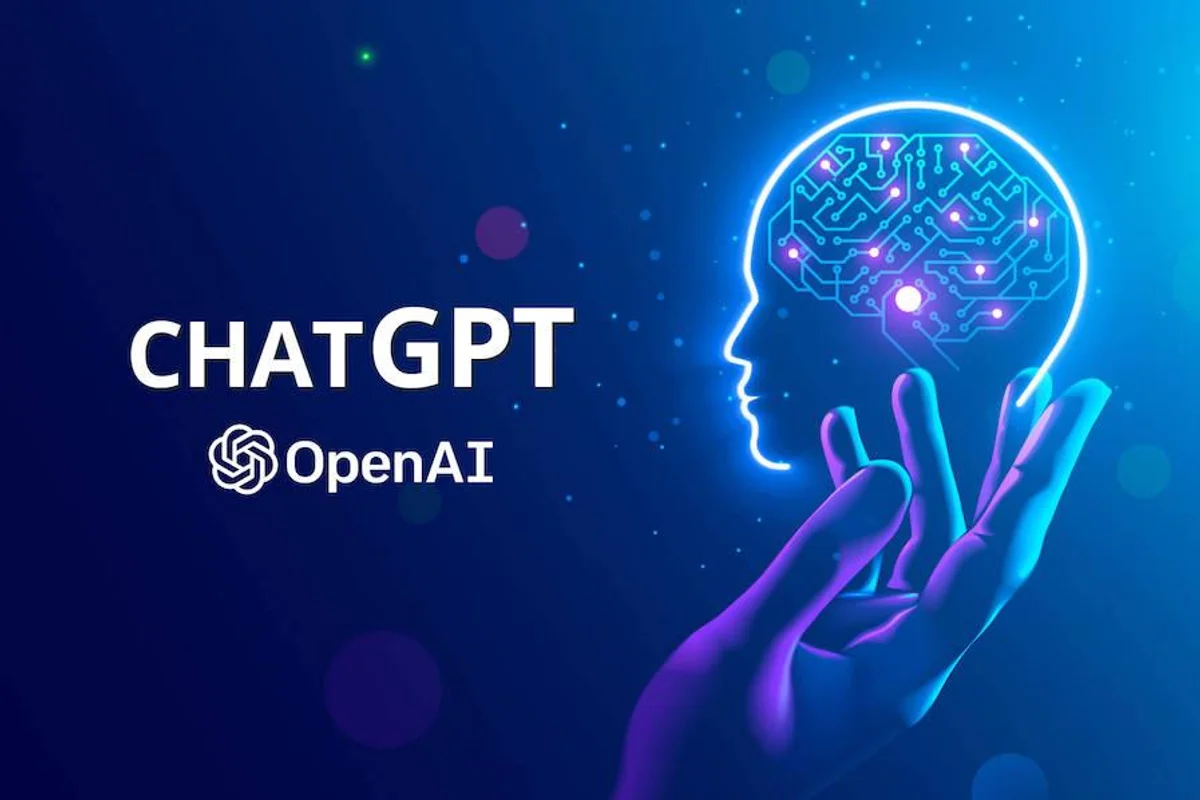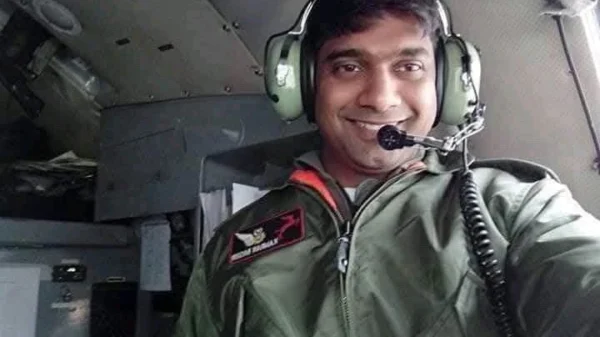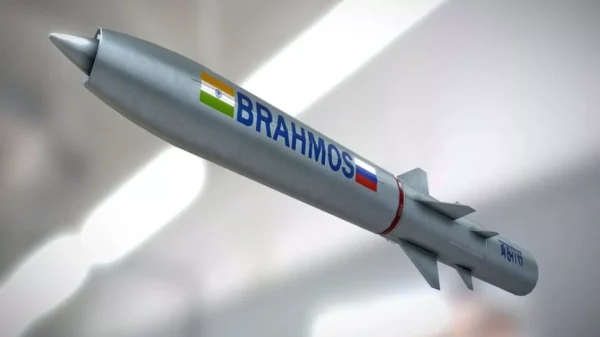The introduction of OpenAI’s latest AI model, GPT-4o, has sparked discussions regarding its potential impact on the workforce. This advanced technology is capable of processing and generating a mix of text, audio, and visual content, representing a significant advancement in artificial intelligence capabilities.
Maribel Lopez, an AI analyst and the founder of the research and strategy consulting firm Lopez Research, has highlighted the wide-ranging implications of these developments. In an interview with Business Insider, Lopez emphasized that the emergence of multimodal models could have profound effects across various industries due to their ability to handle diverse forms of data.
Regarding the implications for employment, Lopez suggested that the impact might not necessarily be negative. She pointed out that certain professions, particularly those in manual labor fields such as electricians and plumbers, could potentially benefit from the integration of multimodal AI. These workers could utilize AI-powered tools to assist in troubleshooting and problem-solving, enhancing their efficiency without replacing their roles entirely.
However, Lopez acknowledged that while some industries may smoothly transition to integrating AI, others may face challenges in adaptation. For instance, she noted that while some businesses are developing robots for tasks like welding bolts, these technologies are more suited for repetitive duties rather than complex blue-collar labor.
Industries such as supply chains and finance, where AI can offset significant portions of data-driven tasks, are likely to be particularly affected. Lopez estimated that AI could eventually take over 20% to 30% of tasks performed by “computer workers,” impacting roles that heavily rely on data analysis.
Lopez also discussed the transformation of roles in professions like law, where AI can streamline tasks such as document tracking and summary writing for paralegals. This shift, she noted, will require individuals to enhance their skillsets to adapt to the changing landscape of AI-driven technologies.
The announcement of GPT-4o was accompanied by demo videos showcasing its improved voice and vision capabilities, indicating its potential to further revolutionize AI applications.










